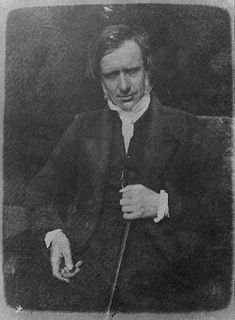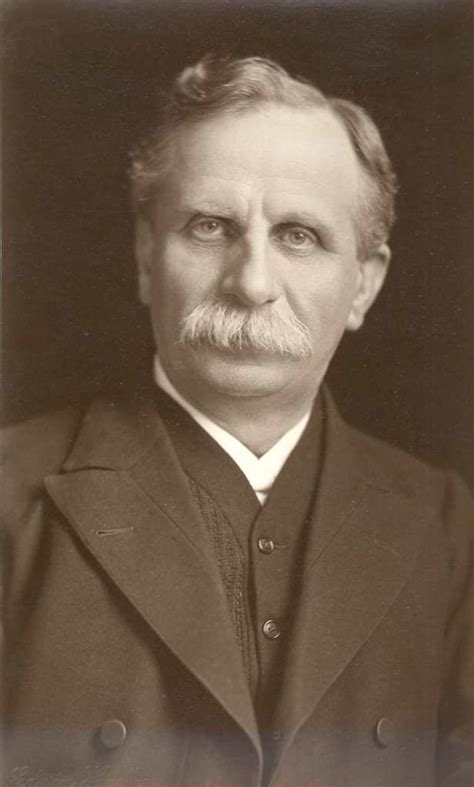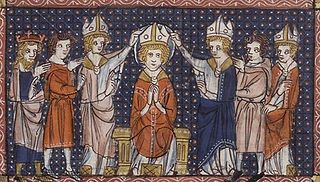A Quote by Louise Erdrich
He despised his body for its boring hungers, reflex anger; its petty, obliterating rage. But now he'd become detached. He regarded his body with a tender regret. It was the thing his spirit had to haul.
Related Quotes
It is God's earth out of which man is taken. From it he has his body. His body belongs to his essential being. Man's body is not his prison, his shell his exterior, but man himself. Man does not "have" a body; he does not "have" a soul; rather he "is" body and soul. Man in the beginning is really his body. He is one. He is his body, as Christ is completely his body, as the Church is the body of Christ
Sin! Sin! Thou art a hateful and horrible thing, that abominable thing which God hates. And what wonder? Thou hast insulted His holy majesty; thou hast bereaved Him of beloved children; thou hast crucified the Son of His infinite love; thou hast vexed His gracious Spirit; thou hast defied His power; thou hast despised His grace; and in the body and blood of Jesus, as if that were a common thing, thou hast trodden under foot His matchless mercy. Surely, brethren, the wonder of wonders is, that sin is not that abominable thing which we also hate.
The Church is the Body of Christ, and the Spirit is the Spirit of Christ. He fills the Body, directs its movements, controls its members, inspires its wisdom, supplies it's strength. He guides into truth, sanctifies its agents, and empowers for witnessing. The Spirit has never abdicated His authority nor relegated His power.
Svengal lay groaning on the turf. His thighs were sheer agony. His buttocks ached. His calf muscles were on fire. Now, afterhe had tumbled off the small pony he was riding and thudded heavily to the turf on the point of his shoulder, the shoulder would hurt too. He concentrated on trying to find one part of his body that wasn't a giant source of pain and failed miserably. He opened his eyes. The first thing he saw was the face of the elderly pony that he had been riding peered down at him. Now what made you do a strange thing like that? The creature seemed to be asking.
In each studio there is a human being dressed in the full regalia of his myth fearing to expore a vulnerable opening, spreading not his charms but his defences, plotting to disrobe, somewhere along the night-- his body without the aperture of the heart or his heart with a door closed to his body. thus keeping one compartment for refuge, one uninvaded cell.
In this we see the wondrous virtue of the Lord: that the power dwelling in His body should communicate to perishable things the efficacy to heal, and that the divine activity should issue forth even from the hem of His garment. For God is not perceptible by the senses, to be enclosed within a body. The assumption of a body did not limit the nature of His power; but for our redemption His power took upon it the frailty of our body.
Men will imitate and admire his unmoved firmness, his inflexible conscience for the right; and yet his gentleness, as tender as a woman's, his moderation of spirit, which not all the heat of party could inflame, nor all the jars and disturbances of this country shake out of its place: I swear you to an emulation of his justice, his moderation, and his mercy.
When Christ was about to leave the world, He made His will. His soul He committed to His father; His body He bequeathed to Joseph to be decently interred; His clothes fell to the soldiers; His mother He left to the care of John; but what should He leave to His poor disciples that had left all for Him? Silver and gold He had none; but He left them that which was infinitely better, His peace.





































